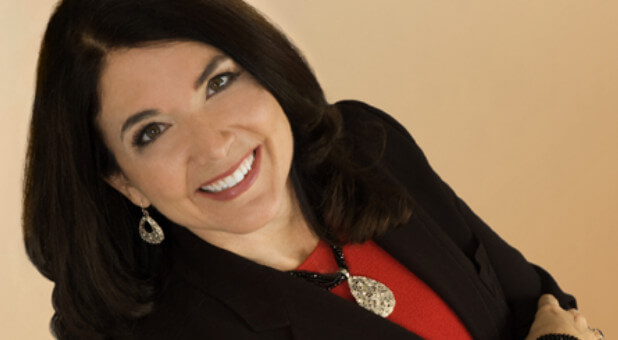1. Pay the original minimum on each credit entry. If you continue to pay the amount of the original minimum payment, you will soon find that the required minimum is reduced. If your payment remains at the higher amount, you are paying on the principal and saving on interest by paying the debt off early.
2. Pay the least first or the most first. Organize your debts in one of two ways. Put either the highest interest rate or the shortest payoff time as the top priorities on the list.
If all the payoff figures are close, pay the one with the highest interest rate. However, if you have a much smaller note at a lower interest rate, going ahead and getting it paid off tends to serve as a morale booster. Then you can apply the total amount of that payment to the next bill on your list. For example, if you have a card on which you owe $1,500 at 20 percent and another on which you owe only $200 at 18 percent, go ahead and pay off the small debt first.
Rebuild Good Credit
A bankruptcy will stay on your credit report at least eight years. Even after you’ve rebuilt your credit, you won’t be able to qualify for rock-bottom mortgage rates.
According to Jean Sherman Chatzky, financial editor at USA Weekend Magazine (January 21, 2000), these are the things that will have to be done to rebuild credit:
1. Close accounts you don’t use. To lenders, charge accounts or home-equity lines of credit mean you could go on a spending spree at any time.
2. Don’t hit all your credit limits. If you’re using 80 percent or more of your available credit, it’s a sign to lenders that you’re overextended.
3. Limit inquiries into your credit record. Minimize the number of times you apply for credit because each inquiry will appear on your credit report, whether you get the credit or not. Keep in mind that all inquiries for one purpose, such as a mortgage, will count as one.
4. Don’t miss payments. Automate as many payments as possible. If you make sure the funds are there, you will never be late on payments.
Hopefully, you are motivated to get out there and hit the pavement! Remember that if a woman who has had $40,000 of debt and freezes her credit cards can become debt-free, so can you!
Ellie Kay is an author, speaker and family financial expert. Her books include A Woman’s Guide to Family Finances and Shop, Save and Share (Bethany House). She and her husband, Bob, have seven children.














































